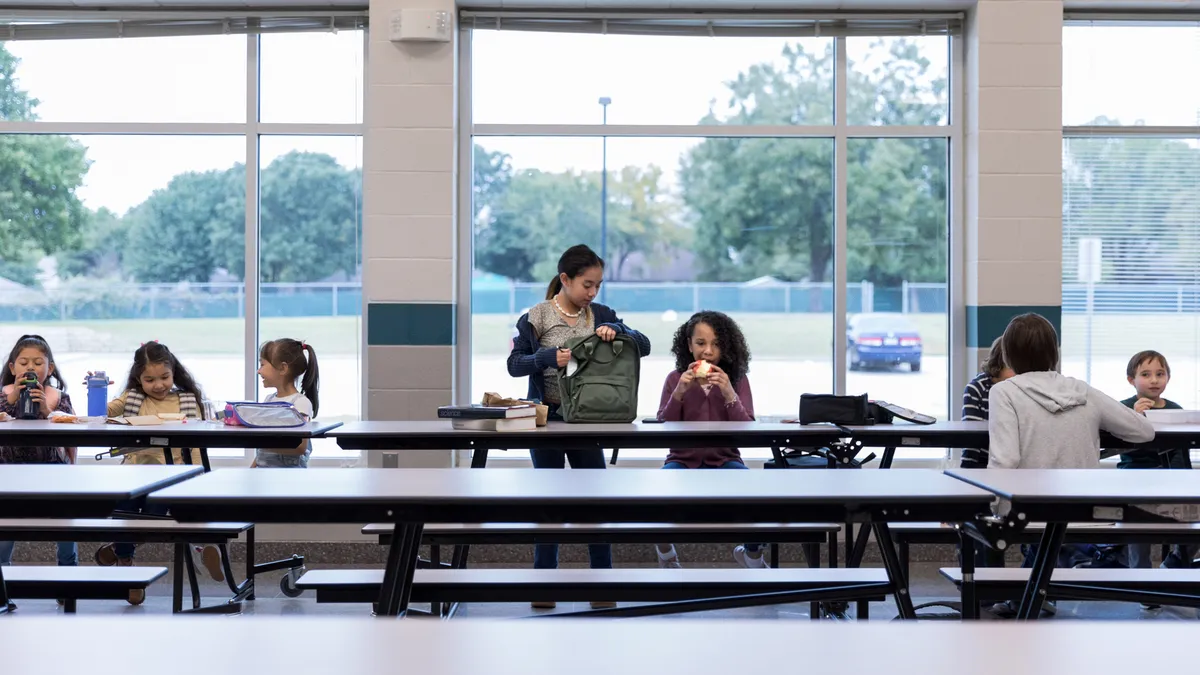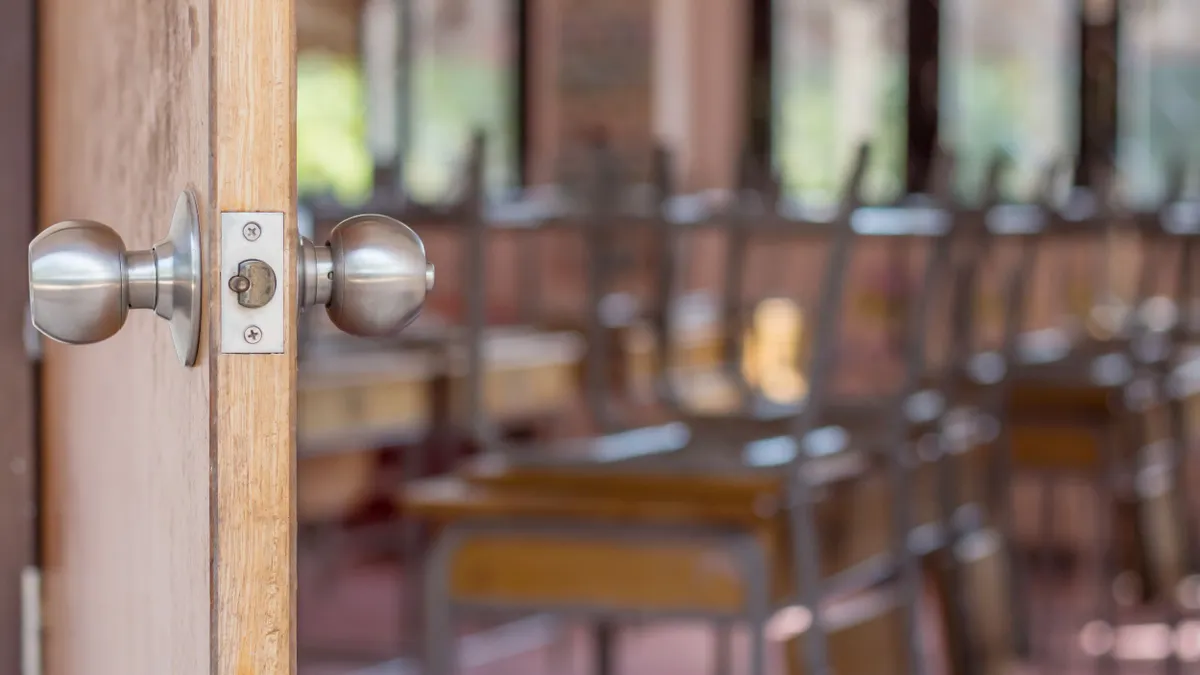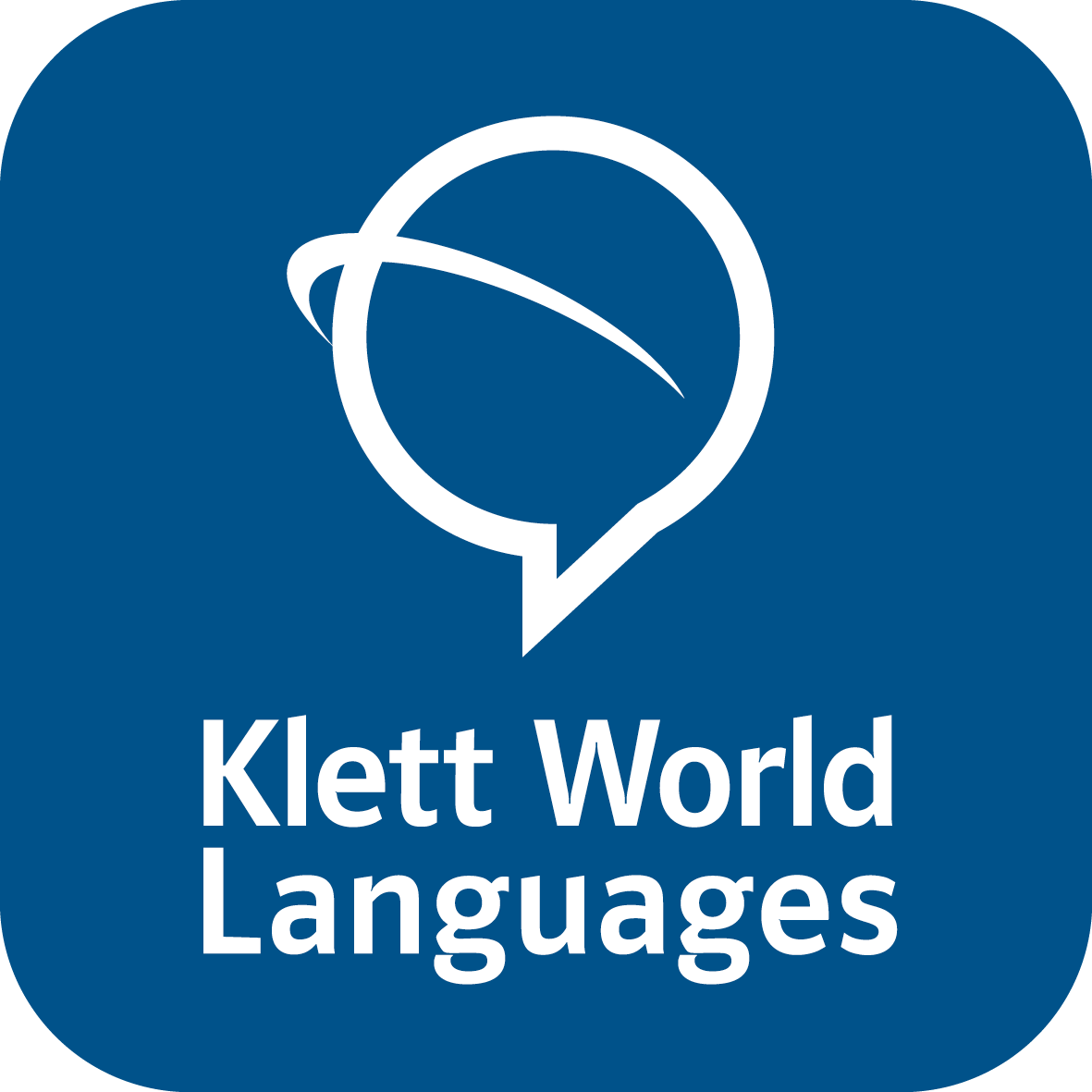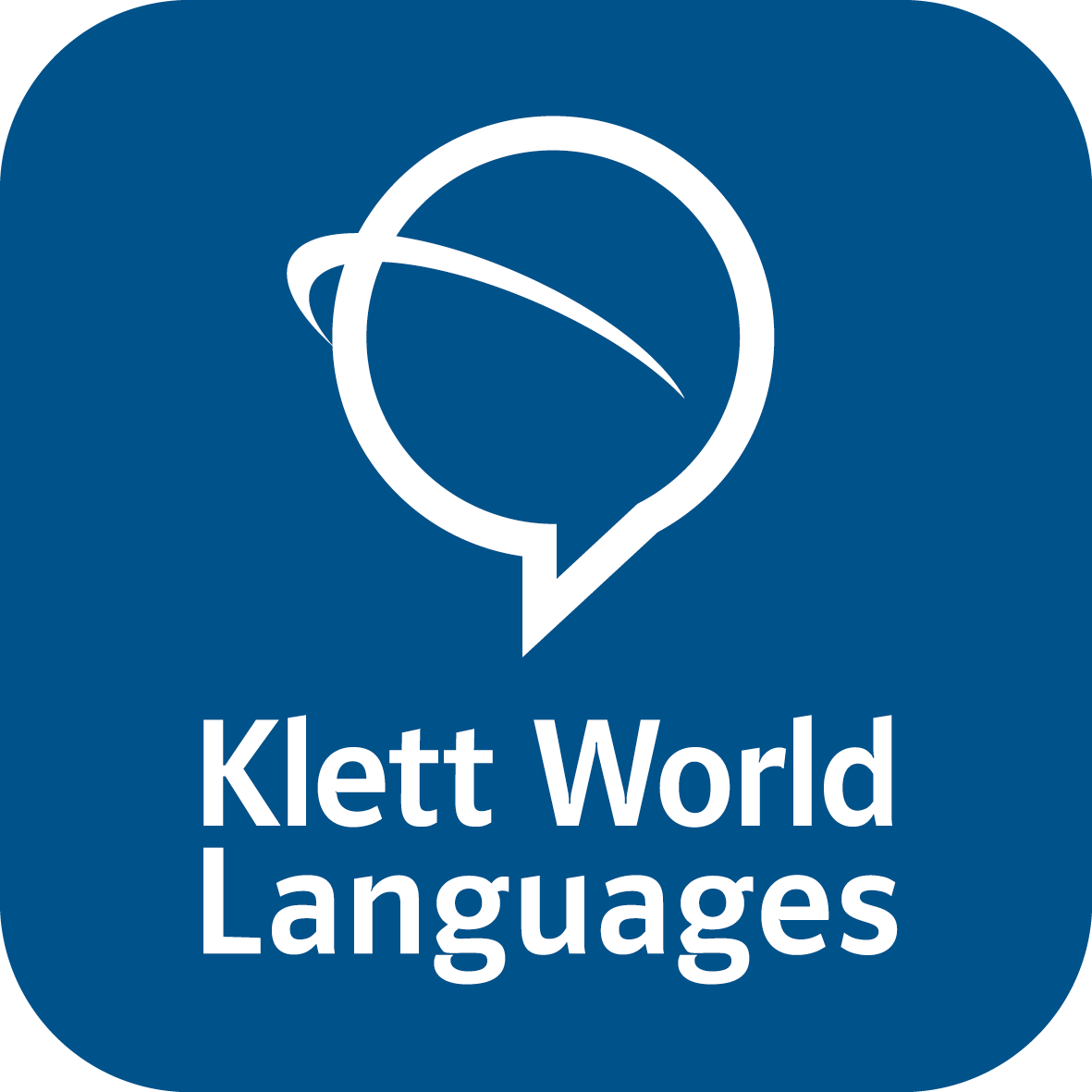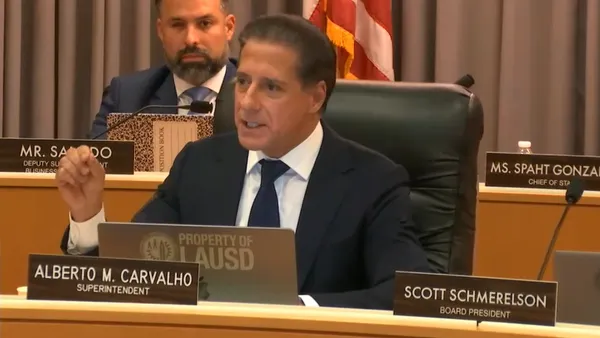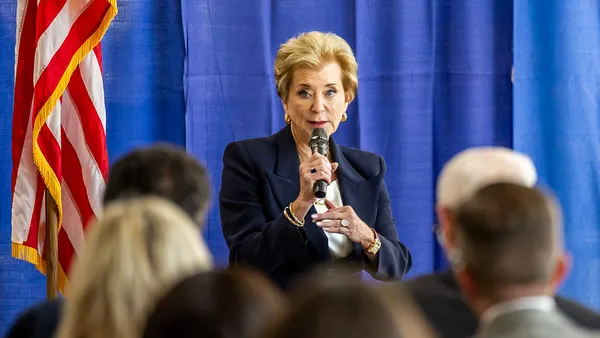Dive Brief:
- Facing mounting school meal debt, Guilford County Schools in North Carolina has decided to once again begin serving alternative meals to students who cannot afford to buy school meals. The move, which will start in January, is aimed at combating the district’s school meal debt of $111,627, said Superintendent Whitney Oakley during a school board meeting this month.
- Under the plan, students will be served a fruit or vegetable, milk or water, and a roll. Students will receive an alternative meal once they’ve been charged for five unpaid breakfasts and five lunches — a total of $19.25.
- The 67,949 student district must account for any remaining unpaid meals through local funds by the end of each school year.
Dive Insight:
The return of the alternative school meal policy comes after the two-year federal pandemic-era meal waivers allowing universal school meals ended on June 30. The Guilford policy was initially approved by the district’s school board back in 2012, when the system incurred an average annual school meal debt of about $500,000, Oakley said.
Concerns around school meal debt — an issue predating the pandemic — returned in full swing this fall after districts began charging students for meals again.
Guilford County Schools is not alone in accruing a lot of meal debt. Statewide in North Carolina, schools have racked up $1.3 million in unpaid meal charges since the universal school meals policy ended, Oakley said. In Michigan, several districts — Livonia Public Schools, Utica Community Schools and L’Anse Creuse Public Schools — are serving alternative meals following the end of the universal school meal policy, the Detroit Free Press reported in October.
Although Guilford isn’t on track to hit $500,000 in meal debt this school year, the tab could reach $200,000 by year end without the alternative meal plan, Oakley said. Acknowledging that it’s not an easy or popular conversation, Oakley pointed out that the $500,000 meal debt balance previously faced "equals 10 teachers out of our local fund.”
Prior to the pandemic, many districts felt pressure to rethink “lunch shaming” policies, such as those that serve alternative meals or otherwise noticeably differentiate a student who cannot afford a school meal.
The alternative meals served to Guilford students “will look similar to the daily reimbursable meal to avoid identifying that student,” said Travis Fisher, the district’s executive director of school nutrition, during the school board meeting.
So far this school year, the district has received $6,750 in community donations to help alleviate the district’s meal debt, Fisher said.


